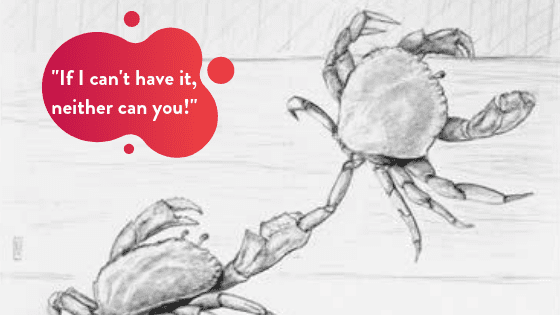NBA Hall of Fame coach and executive Pat Riley is regarded as one of the greatest NBA coaches of all time. He led the 80s showtime Los Angeles Lakers team that had Magic Johnson and Kareem Abdul Jabar to four NBA championships and won one more ring with the MIAMI Heat in 2006, taking his total as a coach to five rings. Riley is known to pep his team up with motivational and inspirational talks and quotes. Hall of Famer and five-time NBA champion Magic Johnson writes in his autobiography – My Life – Earvin Magic Johnson, about one of Riley’s favorite techniques he used with the team to keep their focus – “Peripheral Opponents.”
“He planned all his pregame speeches, writing them out in advance with a blue felt-tipped pen on a blue card. He was continually reading books, looking for quotes that might motivate us. And he loved inspirational one-liners like “No rebounds, no rings.”.
